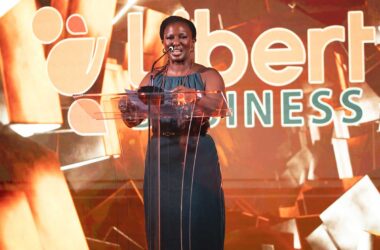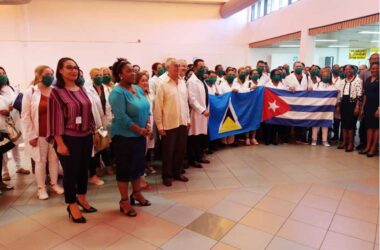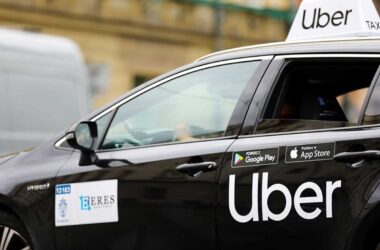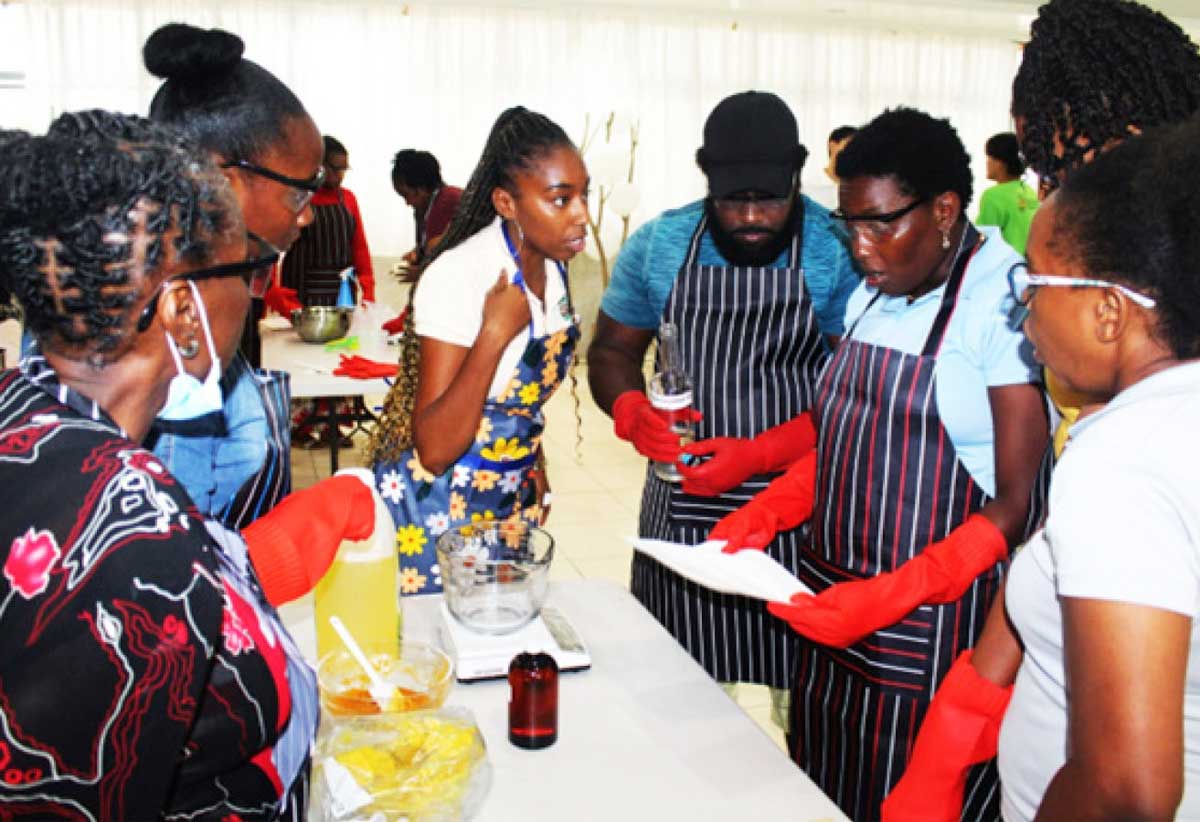
The Taiwan Technical Mission (TTM) hosted a three-day soap-making workshop recently as part of its commitment to up-skill Saint Lucian youth and women entrepreneurs.
The training sessions were held from September 20-22 at the Union Orchid Centre, where nearly two dozen participants per day were taught the essentials of soap-making. Participants for the free workshop came from across the island.
The history of soap-making dates back to many thousands years. The most basic supplies for soap-making were those taken from animal and nature; many people made soap by mixing animal fats with lye. Today, soap is produce from fats and an alkali. The cold process method is the most popular soap-making process today, while some soap makers use the historical hot process.
Facilitator of the soap-making workshop, Shakira Roberts, founder/owner of Lotus Cosmetics, said the whole idea was to get participants to think about using common household items to create other products.
“During the sessions, I showed them how they can use fruits and vegetables to make soap,” she said. “It’s also about understanding the soap-making process and figuring out whether it’s something that they want to continue making soaps to use at home or as a business.”
Before starting her business a few years ago, Roberts said she was fortunate to have a lot of training on how to make candles and body care products. However, soap-making was something she learned on her own. Sharing that knowledge with others was a dream come true, she noted.
“I think everyone did a great job and had fun,” Roberts said. “It really piqued many people’s interest. Some of the participants were already making soaps, but they were able to learn more about the process. So I’m happy about that.”
She added: “I want more people to get interested in the process of using more everyday items to create new products. I’m grateful for being selected to facilitate this workshop. I’d also love to do sessions on candle-making.”
Participants used various fruits and vegetables to make customized soaps, including avocado, papaya, watermelon, cucumber, and aloe vera.
Malinda Faucher-Duval, a participant from Choiseul, was among those who said the experience was not only interesting, but empowering.
“I was very anxious to learn about making soaps,” she said. “As I’m on pre-retirement leave, I decided it would be a good way to keep me occupied. I wouldn’t mind taking it up as a business.”
Another participant, Shirley Louisy, said she became interested in the workshop for a more personal reason.
“I have eczema and it’s difficult to get soaps and body washes that I can use for it,” said Louisy. “So I figured if I can make my own soap, it would be cheaper for me. The session was very informative and I hope to be able to master the skills involved in the process.”
Meanwhile, Devon Stanley, an ex-teacher, said the workshop appealed to him since he’s in the process of learning new skills away from the classroom setting.
“It’s always good to learn a new skill set,” said Stanley. “I’ve been in the classroom for almost 15 years and I’ve realized that there are so many things I need to learn about. The moment I heard about this opportunity, I jumped at it. At school, I didn’t really like Science, but this makes Science very beautiful. So what better way to enjoy Science than making soap? I intend to share the skills I learned with my wife and daughter so we can practice soap-making at home. Kudos to the individuals who put this workshop together.”


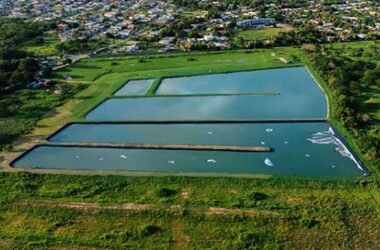
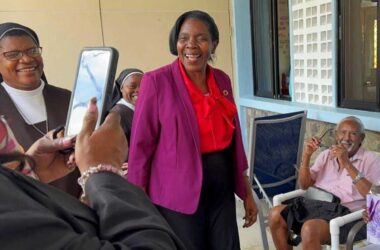
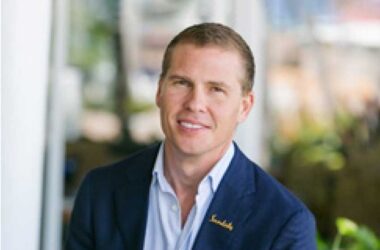
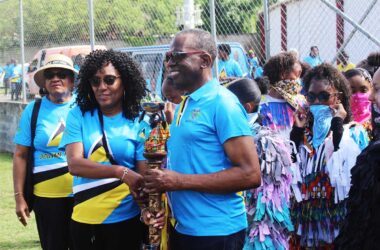

![Amy Stephen [Photo credit: Community Tourism Agency]](https://thevoiceslu.com/wp-content/uploads/2026/01/Amy-Stephen-feat-380x250.jpg)


